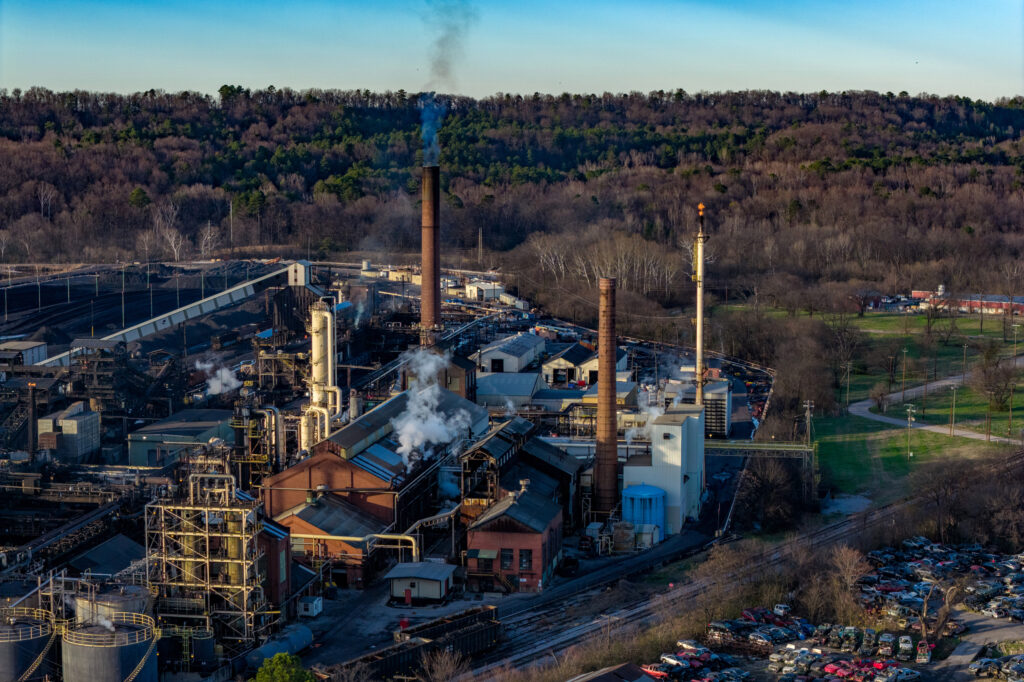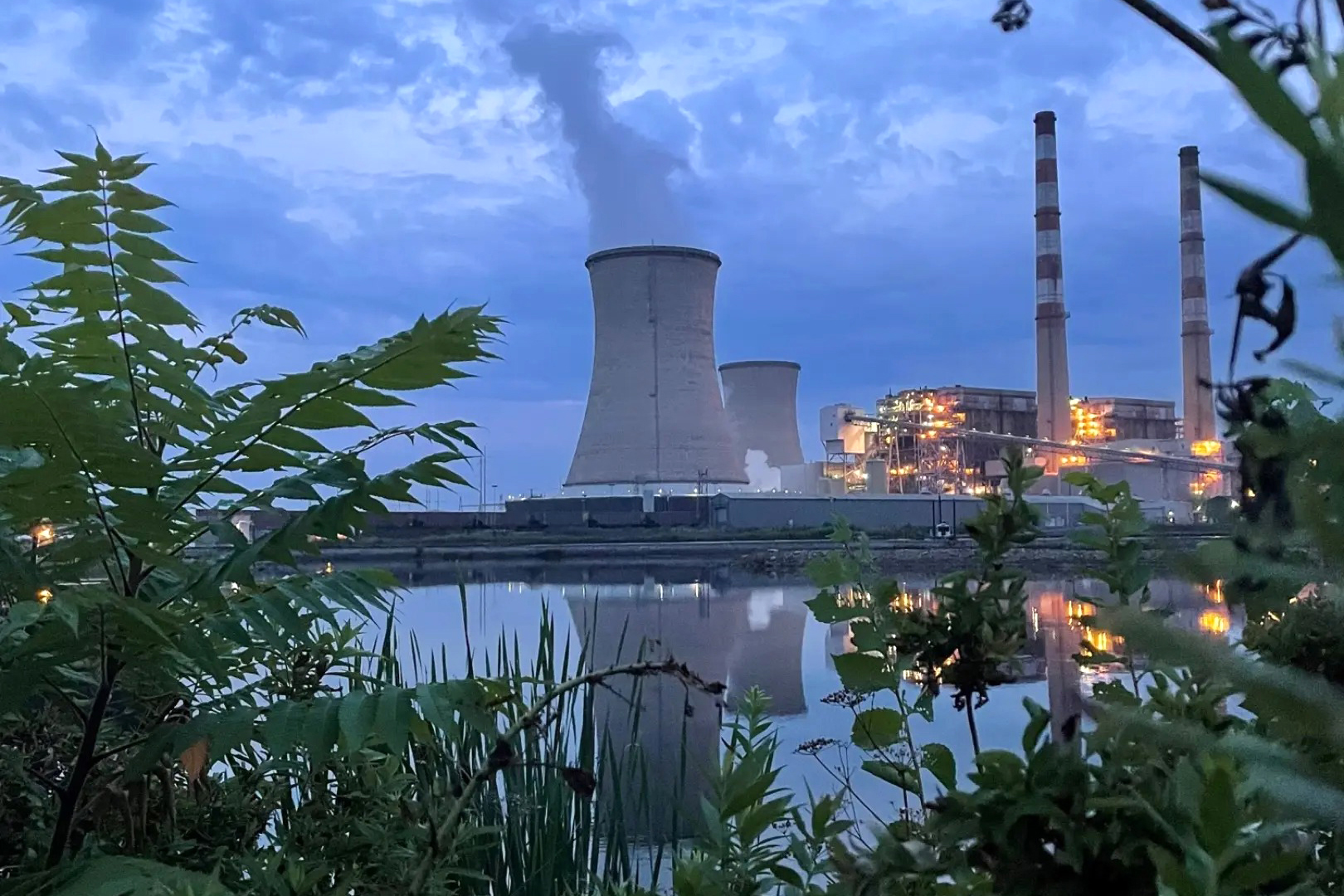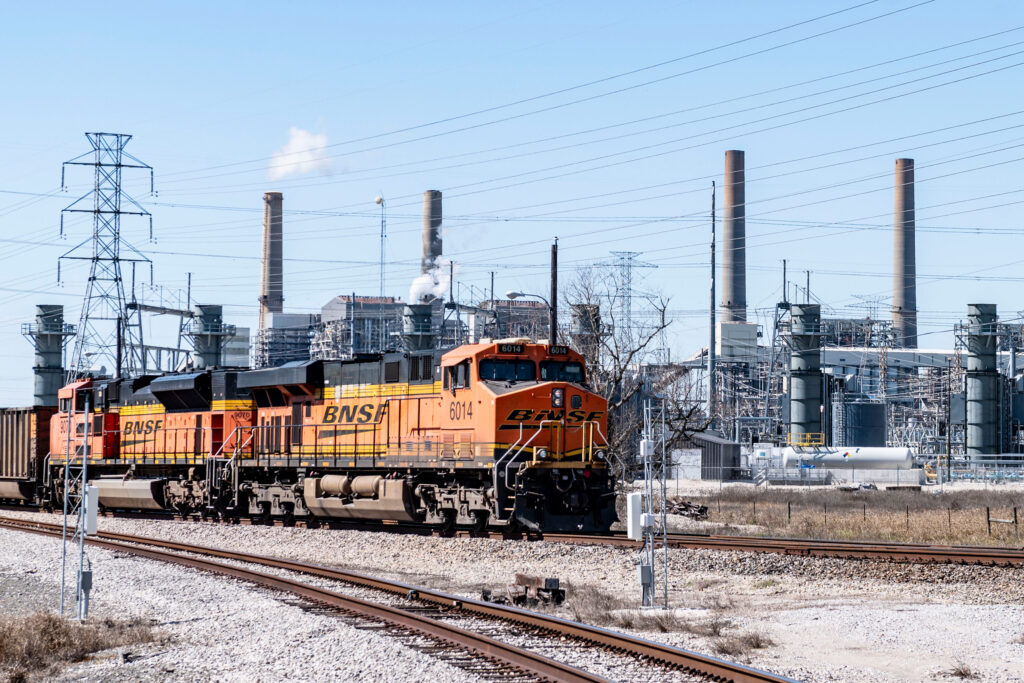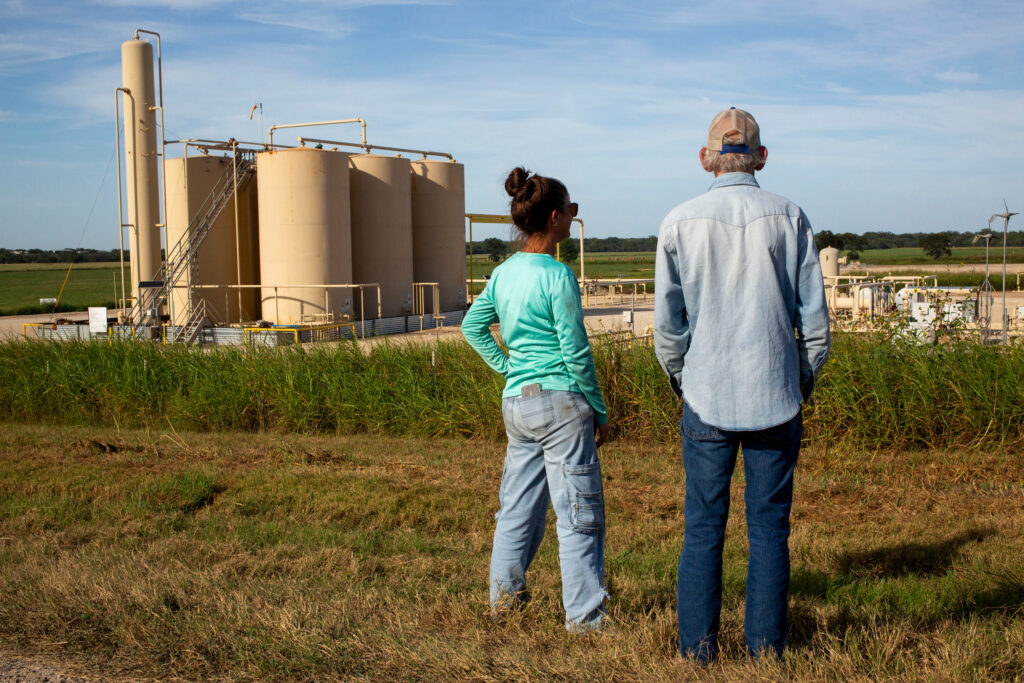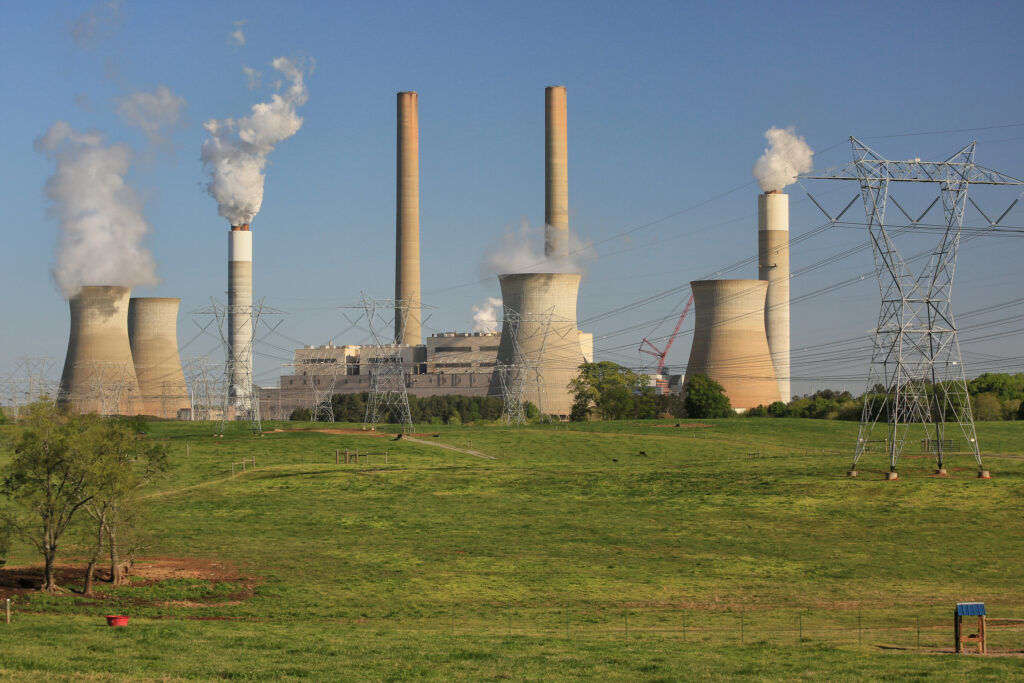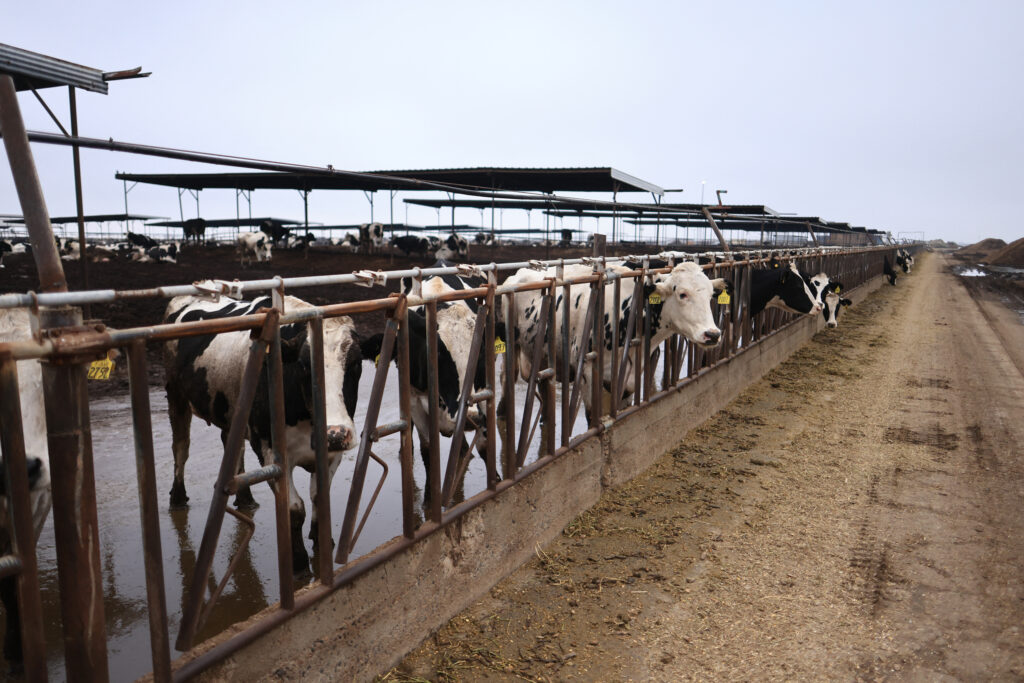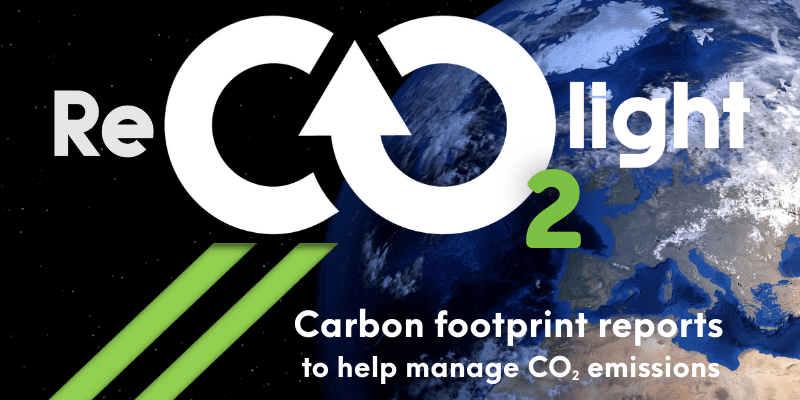Every day in oil and gas fields, companies lose gas to leaks and other issues—product they make no money from while venting a potent climate-damaging pollutant into the atmosphere.
In November, the U.S. Environmental Protection Agency set a first-of-its-kind fee on those methane emissions so more companies would plug their leaks.
Now, House and Senate Republicans have introduced legislation to roll the rule back—using a mechanism that would prevent the EPA from advancing a similar rule ever again.
“It’s about as wrong-headed as it can be, on every scale,” said Pat Parenteau, emeritus professor of law and senior fellow for climate policy in the Environmental Law Center at Vermont Law School. “The rule requires you to plug leaks and stop wasting a valuable product.”
We’re hiring!
Please take a look at the new openings in our newsroom.
See jobs
The methane fee, or Waste Emissions Charge, was part of the bipartisan Inflation Reduction Act (IRA) that Congress passed in 2022. It applies only to large emitters of methane if their emissions exceed certain thresholds.
Facilities in compliance with Clean Air Act standards for oil and gas operations are exempt from the charge. The IRA also included $1 billion in financial and technical assistance to help oil and gas producers monitor and reduce their methane emissions.
The fee was part of a broader set of regulations designed to reduce methane emissions from the oil and gas sector by nearly 80 percent.
EPA estimated that the methane fee alone would reduce 1.2 million metric tons of methane through 2035—the equivalent of taking nearly 8 million gas-powered cars off the road for a year. Methane is the biggest driver of climate change after carbon dioxide.
But oil and gas industry groups opposed the fee. The American Petroleum Institute called it a “punitive tax” and championed the new legislation to permanently kill it.
“Americans voted for a future where U.S. energy thrives,” Amanda Eversole, API’s executive vice president and chief advocacy officer, said in a written statement.
The Congressional Review Act, which passed as part of Newt Gingrich’s 1996 Contract With America, allows Congress to overturn any regulation finalized within the last 60 working days of the previous Congress. As long as the president agrees with the decision, all it takes is a simple majority vote in the House and Senate—currently controlled by Republicans. Any future administration would then be blocked from implementing a new rule that is “substantially the same.”
That’s what the new legislation seeks to do to the methane rule.
“We are working to get our nation back on the right track, providing needed regulatory and tax relief to deliver real cost savings to American energy producers and consumers,” U.S. Sen. John Hoeven (R-N.D.), who introduced the bill in the Senate, said in a written statement.
U.S. Rep. August Pfluger (R-Texas), who introduced the bill in the House, said in a statement that he was “proud to lead this CRA to rescind this ill-conceived natural gas tax.”
The fee, according to an assessment by Energy Innovation, would create more than 70,000 jobs by encouraging investments in U.S. natural gas and would increase gross domestic product by more than $250 billion from 2023 to 2050. The group is a climate policy think tank with offices in Washington and San Francisco.
By curbing the release of harmful pollutants, the fee would also save lives and prevent asthma attacks, Parenteau said.
“What this says is Republicans don’t give a damn about protecting public health, about conserving important energy resources [and] about achieving energy independence and dominance,” Parenteau said. “If they really did, they would double down on the investments of the IRA, 80 percent of which are going to Republican districts.”
Rick Duke, who served as the U.S. deputy special envoy for climate under President Joe Biden, said rolling back the methane fee would jeopardize the competitiveness of U.S. liquified natural gas exports.
“This is the definition of self-destructive,” Duke said. “We have a carefully negotiated set of standards, plus a backstop fee legislated by Congress that strong-foots American LNG exporters.”
The methane fee helps ensure that U.S. LNG exports will meet low methane intensity import standards on fuels that will take effect in Europe in 2030, as well as similar standards under development in Japan and South Korea, Duke said.
“This also is something which ensures, over the long haul, that American LNG has a competitive advantage relative to dirty suppliers such as Russia,” Duke said, adding that the rollback would have no impact on the price of natural gas in the U.S.
This story is funded by readers like you.
Our nonprofit newsroom provides award-winning climate coverage free of charge and advertising. We rely on donations from readers like you to keep going. Please donate now to support our work.
Donate Now
Rogelio Meixueiro, a Texas community advocate for GreenLatinos, an environmental organization, voiced concerns about the health impacts of a potential methane fee rollback.
“Latino families, especially those living near oil and gas operations in places like East Texas and the Permian Basin, face daily exposure to toxic emissions from flares and leaks,” Meixueiro said in a statement. “This pollution increases their risk of respiratory illness, cancer, and other severe health conditions.”
The EPA finalized the implementation rule for the methane fee on Nov. 12, well within the 60 working-day period for the Congressional Review Act. But while the CRA resolution introduced this week by Republican lawmakers can rescind that, it can’t do away with the Waste Emissions Charge mandate Congress passed in 2022 as part of the Inflation Reduction Act. That law requires the EPA to implement a waste fee rule.
That sets up an almost inevitable battle over future methane fees.
The block on any new rule that is “substantially the same” as the current one could hamstring future administrations intent on reducing methane emissions. And yet the requirement for such a rule under law could land the regulation-adverse Trump administration in court if it doesn’t come up with a replacement.
One potential way to enact a rule that isn’t substantially the same: write a more stringent one.
Fees for excessive methane emissions during the 2024 calendar year are due on Aug. 31 under the current rules.
An EPA spokesperson said the agency is reviewing the legislation “and we do not have any comment at this time.”
“I think the U.S. has really made some huge strides in reducing methane from oil and gas and would be a shame if we backslid and ceded our place on that,” said Darin Schroeder, methane legal and regulatory director for Clean Air Task Force. “There’s a lot of work to go, but I hope what we’ve accomplished as a country is not swept aside.”
About This Story
Perhaps you noticed: This story, like all the news we publish, is free to read. That’s because Inside Climate News is a 501c3 nonprofit organization. We do not charge a subscription fee, lock our news behind a paywall, or clutter our website with ads. We make our news on climate and the environment freely available to you and anyone who wants it.
That’s not all. We also share our news for free with scores of other media organizations around the country. Many of them can’t afford to do environmental journalism of their own. We’ve built bureaus from coast to coast to report local stories, collaborate with local newsrooms and co-publish articles so that this vital work is shared as widely as possible.
Two of us launched ICN in 2007. Six years later we earned a Pulitzer Prize for National Reporting, and now we run the oldest and largest dedicated climate newsroom in the nation. We tell the story in all its complexity. We hold polluters accountable. We expose environmental injustice. We debunk misinformation. We scrutinize solutions and inspire action.
Donations from readers like you fund every aspect of what we do. If you don’t already, will you support our ongoing work, our reporting on the biggest crisis facing our planet, and help us reach even more readers in more places?
Please take a moment to make a tax-deductible donation. Every one of them makes a difference.
Thank you,




